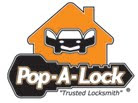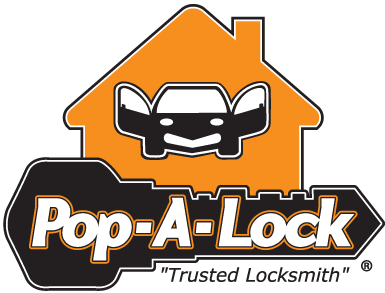This quick home-office security check will help you protect computer equipment, electronics, and personal data from theft, fire, and other dangers.
More and more people are working from home these days, which means home offices are bulging with pricey equipment—computers, printers, digital cameras—in need of protection. More precious even than the actual hardware is your irreplaceable personal data, whether stored digitally on your computer and hard drives or in the form of hard-copy documents.
A professional home security system can help reduce your losses, but not taking a few extra steps is asking for trouble. This home-office security check is designed to highlight the hot spots and help you protect valuable home-office equipment and information.
Make sure you’re insured
Take a look around your office. Are you properly insured for all of your equipment and possessions? Don’t assume that your umbrella homeowner’s policy is sufficient. Most policies will cover replacement of computers only up to a specific dollar amount, say $1,000 or $2,500. You’ll bear the rest of the cost, unless you add a rider to your existing policy. (Riders tend to be inexpensive; you may pay an extra $50 a year to cover all your camera equipment, for example.)
Equipment that you use solely for business may not be covered at all by your homeowner’s policy, necessitating a separate commercial policy. The cost of these policies varies widely, depending on the type of work you do and the value of the items. Equipment on loan from your employer, such as an office laptop, should be covered under your employer’s policy.
Back it up—twice
Are you are currently backing up your data to an external hard drive? If you are, good for you, but you can’t rest there. If you lost both computer and backup drive to theft or fire, you’d be out of luck. Better is a service such as CrashPlan, which charges $100 a year to constantly back up all your critical data to a remote server.
Paper documents are slightly trickier than the digital variety, because they’re usually one-of-a-kind. That’s why important data—insurance policies, Social Security cards, passports, auto titles, a list of your family’s credit card numbers, etc.—should be stored off-site in a safe deposit box ($50 to $75 a year) or in a fireproof safe bolted to your basement slab. You can scan and digitize these documents to keep them handy, but be sure to back up the digital versions, too.
Bear in mind that digital media, such as DVDs and CDs, can still melt in a fireproof safe. Media safes constructed by companies such as FireKing are built to block heat transfer, but you’ll pay for the extra protection. A 650-pound, 1.5-cubic-foot safe that can hold 140 CDs might run you $3,000; smaller ones that hold 20 CDs cost about $400.
Avoid data and identity theft
Backups are fine, but they won’t keep prying eyes off your data if your computer is stolen. Most computers have built-in security features—controlled via their system preferences panel—that you probably aren’t using. For example, you can drag your most sensitive data into a single password-protected folder. Or you can “disable automatic login” so the computer can’t boot up without a password.
If you want to go whole hog, activate your built-in encryption program or install a third-party program such as the free download True Crypt that will scramble every file on your computer. Without the password, no one can access a single file. The downside: If you lose or forget the password, adios data. If you’re not comfortable with high-tech data security measures, then the best advice is probably the simplest: Install a solid office door with a good lock.
Protect against power surges
Electronic equipment that you use every day should be plugged into surge protectors ($40 and up). These devices, which look like high-end power strips, guard against occasional fluctuations in electricity coming from your local power company, or from electrical appliances cycling on and off inside the house.
Surge protectors can’t make up for improper wiring or insufficient power coming into the house. If you’re unsure of your home’s power capacity, consider hiring an electrician to do a wiring inspection. Ask him to check how many amps your electrical panel carries (200 amps is typical of most modern homes).
Read more: http://www.houselogic.com/articles/home-office-security-check/#ixzz11DxWsXfm
tags locks, locked out, changing a lock, lock-picking, lock picking, lock out service, locked keys in car, car door unlocking, car doors, door locks, car keys,








